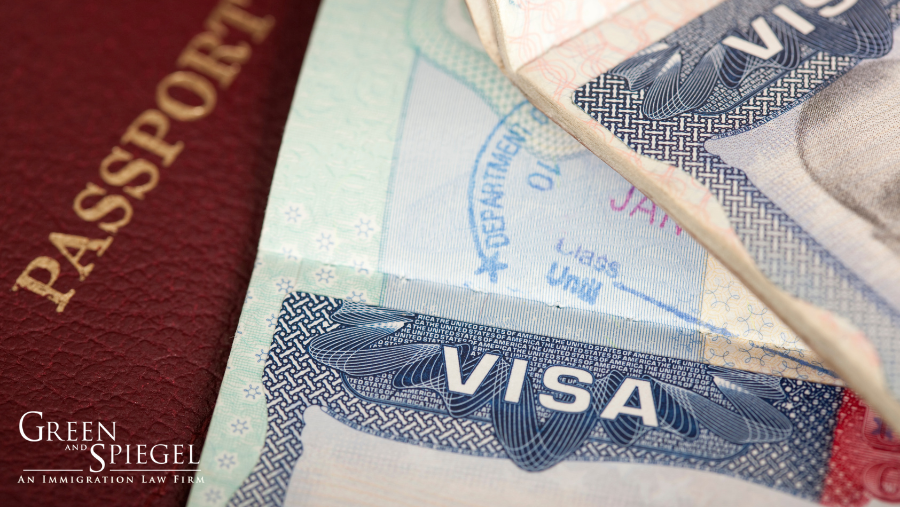A federal district court in California has set aside two new immigration regulations that were promulgated on a fast track by the Departments of Labor (DOL) and Homeland Security (DHS) in early October. The court found that the agencies did not have good cause to bypass notice and comment rulemaking procedures in violation of the Administrative Procedures Act.
On October 8, 2020, DOL and DHS issued new rules targeting employment-based immigration, and particularly the H-1B program. Green and Spiegel reported on both measures. The rules were issued as “interim final rules,” meaning they could take effect before public comments would be considered. The agencies justified expedited review and implementation of the rules on the grounds that a fast track was necessary to support U.S. workers amid the economic impact of the COVID-19 pandemic. The DOL rule took effect immediately on October 8 and the DHS rule was slated to take effect 60 days after publication, on December 7.
Of particular concern was the DOL rule, which restructured the prevailing wage system for H-1B, E-3, and H-1B1 nonimmigrant cases and the PERM labor certification program, resulting in significantly higher government prevailing wage minimums for foreign professional workers. The companion DHS rule, which was set to take effect on December 7, introduced stricter eligibility criteria for H-1B specialty occupations, placed new restrictions on the placement of H-1B workers at third-party worksites, and reinstated evidentiary policies that had been rescinded earlier this year, among other changes.
The U.S. Chamber of Commerce and several other plaintiffs challenged the two rules and on December 1, 2020, a federal judge in California ruled in their favor, with immediate effect. However, the government is expected to appeal the decision on an expedited basis. It remains unclear what approach the DOL will take to the prevailing wage determinations that have already been issued since the interim final rule was issued on October 8. Moreover, regardless of the outcome of an appeal, agencies could nonetheless take administrative steps to reissue the regulations in the remaining weeks of the Trump Administration.
What now for employers and employees?
The immediate effects of the ruling will create some uncertainty as we await the results of the appeal and possible revisions of the rules by the DOL and DHS. With the revised prevailing wage framework now set-aside, we anticipate the DOL to revert to the prior system, which reflected lower, and many would argue, more accurate wages. This will be welcome news to employers, who were faced with a revised wage system that required significantly higher wage attestations. Moreover, high skilled foreign workers may now enjoy stronger prospects for employment, with employers less constrained by the restrictions of the now set-aside rules. However, we nonetheless counsel caution as we await an appeal and further possible regulatory action from the Trump administration, which may seek to impose the rules again before the Biden administration takes the helm.
Green and Spiegel will continue to monitor and report on this significant development in employment immigration regulations. Please contact us if you have any immediate need for assistance.



